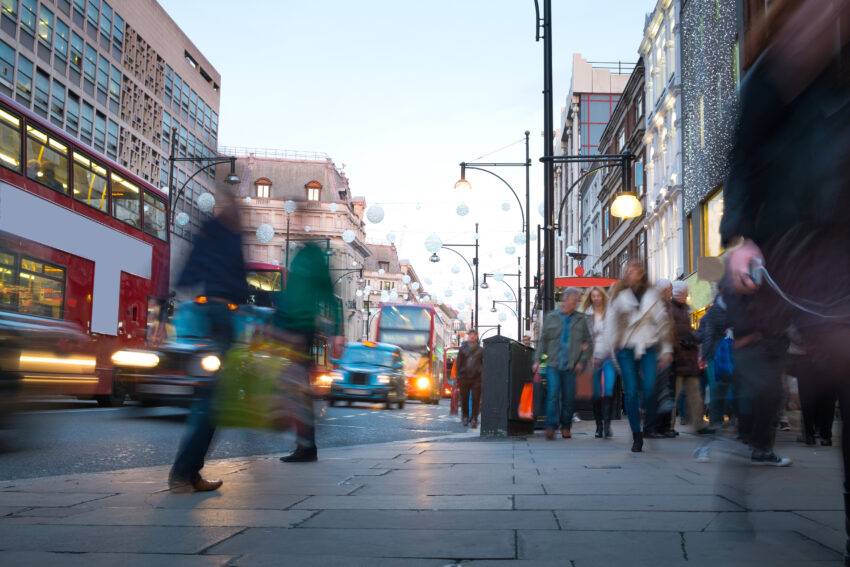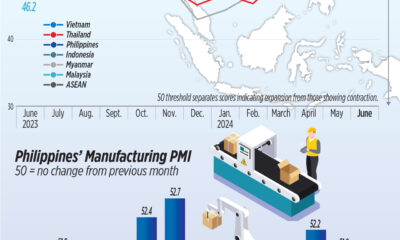Business
Stagnant income growth is causing British households to struggle, Resolution Foundation reports

Household incomes in Britain have grown only marginally since 2010, according to a recent report from the Resolution Foundation.
The think tank’s analysis shows that average household disposable incomes have risen by just £140 per year, a total increase of 7% over fourteen years, or an average of 0.5% per year.
This slow growth is in stark contrast to the 38% increase in disposable income in the fourteen years leading up to 2010. The report highlights the impact of three major economic shocks – the 2008 financial crisis, the Covid-19 pandemic and the recent high inflation – on this stagnation.
Despite this generally slow performance, the Resolution Foundation noted that poorer households have experienced more substantial income growth than their wealthier counterparts. This is attributed to Britain’s robust labor market and the specific cost of living payments made last year. However, these gains have been somewhat dampened by regressive tax and benefit policies, which have resulted in an overall income increase of 13% for the poorest households. In contrast, the richest households experienced an increase in disposable income of only 2% over the same period.
Economist Lalitha Try of the Resolution Foundation commented: “While global economic shocks have been an important factor, Britain’s recent record is poor compared both to its own history and to many of our European neighbours. What little income growth Britain has experienced over the past fourteen years has been largely due to rising employment, from which poorer households have benefited most.”
The think tank’s report, titled ‘Hard Times’ and funded by the Nuffield Foundation, used data from the Department for Work and Pensions, along with information on jobs, wages and housing costs. The findings show a modest decline in absolute poverty of 3.6 percentage points since 2010, compared to a decline of 14 percentage points in the previous thirteen years. Moreover, while relative poverty levels have remained relatively stable over the past fourteen years, there has been an increase in the number of children in large families living in poverty, as opposed to a decrease in the number of children from smaller families.
The state of the economy, and in particular the cost of living crisis faced by ordinary families, remains a crucial issue in the upcoming general election. The Conservative Party, in power since 2010, has come under scrutiny for its economic record amid these challenges.
The Resolution Foundation’s findings underline the complex landscape of income inequality and economic growth in Britain, and highlight the need for targeted policy interventions to support vulnerable households and promote a fairer income distribution.













